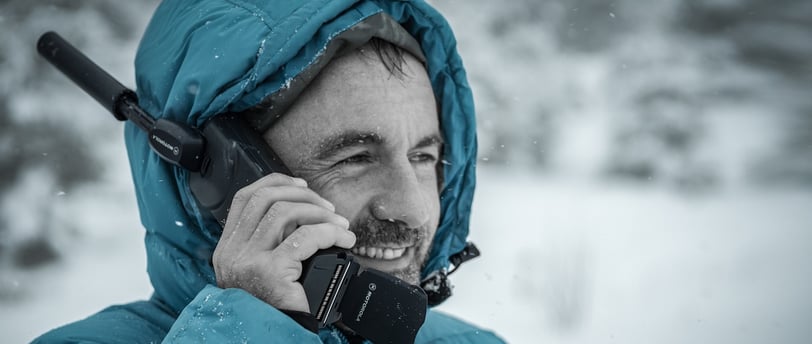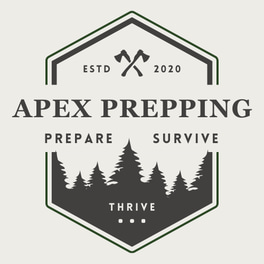Emergency Communication
Staying Connected During Disasters


When disaster strikes and regular communication channels fail, staying connected becomes a critical aspect of survival. Having reliable communication methods can help you coordinate with loved ones, gather information, and seek help when needed. In this guide, we'll explore effective communication strategies to keep you connected even in the most challenging situations.
Communication Strategies When Regular Channels Fail:
Redundancy: Rely on multiple communication methods to increase your chances of successful communication. If one method fails, you'll have backups in place.
Prioritize Important Messages: In emergency situations, communication lines may be busy. Prioritize conveying essential information, such as your location and safety status.
Use Simple Language: Keep messages concise and straightforward. Use clear language to convey crucial details without causing confusion.
Communication Options for Emergencies:
Ham Radios: Amateur (ham) radios are reliable tools for emergency communication. They operate on designated frequencies and can cover long distances. Obtaining a ham radio license allows you to legally use these radios.
Satellite Phones: Satellite phones work even in remote areas where cellular coverage is absent. They rely on satellite networks, ensuring you have communication access regardless of your location.
Signal Mirrors and Whistles: In situations where electronic devices are unavailable, signal mirrors and whistles can help you attract attention from rescue teams or other survivors.
The Role of Communication in Coordinating with Others:
Effective communication plays a pivotal role in coordinating efforts with family, friends, and emergency responders:
Family Communication Plan: Develop a family communication plan that outlines how you'll reconnect if separated during a disaster. Designate meeting points and emergency contacts.
Community Networks: Stay connected with neighbors and local community groups. Social media platforms, community websites, and local radio stations can serve as valuable sources of information.
Coordinating Rescue: If you're in distress, reliable communication can aid rescue teams in locating you swiftly. Providing accurate details about your situation helps them plan an effective response.
In times of crisis, the ability to communicate can provide comfort, information, and a sense of security. By understanding alternative communication methods and being prepared to use them, you're taking a proactive step toward ensuring you're never truly isolated, even when faced with the most challenging circumstances.
